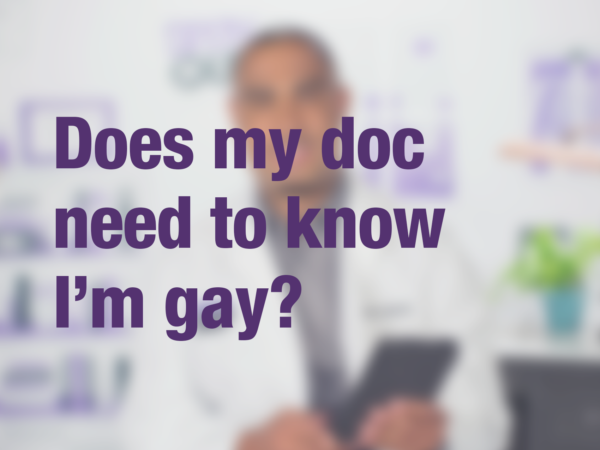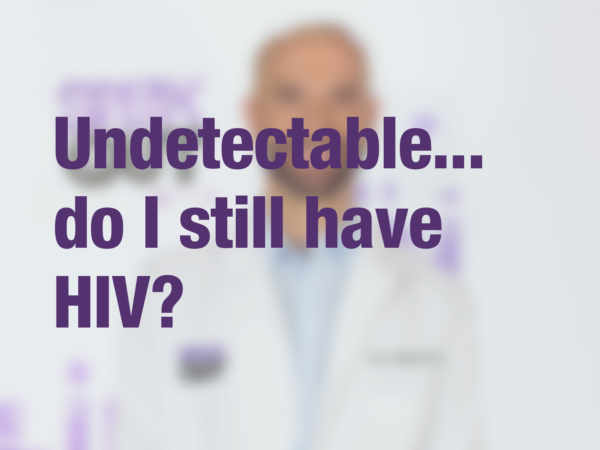Choosing when, where, and with whom to share your status is a personal decision. Building a support system of trusted friends and family members who know your HIV status may help you deal with an HIV diagnosis. That’s why expert Dr. David is here to help walk you through what to consider once the time is right.
Some things to consider before disclosing your HIV status:
- What kind of relationship do you have?
- What are the possible consequences of telling them that you have HIV?
- Will telling them be a safe experience?
- What is that person’s attitude and knowledge about HIV?
- Is there information about HIV you can share that may be helpful?
- Are there particular issues a person might have that will affect how much he or she can support you?
A number of states have laws that require people with HIV to disclose their HIV status in advance to their sexual partners, regardless of what kind of sex they have, or whether or not they use condoms or are on treatment. If the person with HIV cannot prove they disclosed to their sexual partner, they could be subject to criminal prosecution.
There is no evidence such laws slow HIV transmission and a growing body of research that indicates these laws may do the opposite, harming public health by discouraging HIV testing and increasing stigma. Public health and legal professionals, as well as HIV organizations and advocates, are working to repeal or modernize these statutes to reflect contemporary science. For more information, check out the Sero Project.
Once you have decided to disclose your HIV status to someone, set up a time to talk in a private setting. Prepare yourself for the type of reaction the person you are disclosing to might have so that you have thought about how you want to respond. Make a list of questions you think the person you are disclosing to might have and use resources on Greater Than HIV to find the answers, or print out the pages and bring them with you.
Some points to emphasize right away if you are disclosing your HIV status to family or friends who may not be as informed about HIV:
- HIV is not a death sentence. With antiretroviral (ARV) treatment, you can live a normal, healthy lifespan.
- HIV is not spread through casual contact.
- Express how you are feeling and what support you may need.
- When sharing with a potential sex partner that you have HIV, be prepared for them to have questions and they may need some time to absorb what it means.
Some points to emphasize right away if you are disclosing your HIV status to a potential sex partner:
- You are sharing this information with them because you trust them.
- You understand they may have questions.
In addition to condoms, there are treatment options today that are very effective in reducing the chances of passing HIV between sexual partners.


